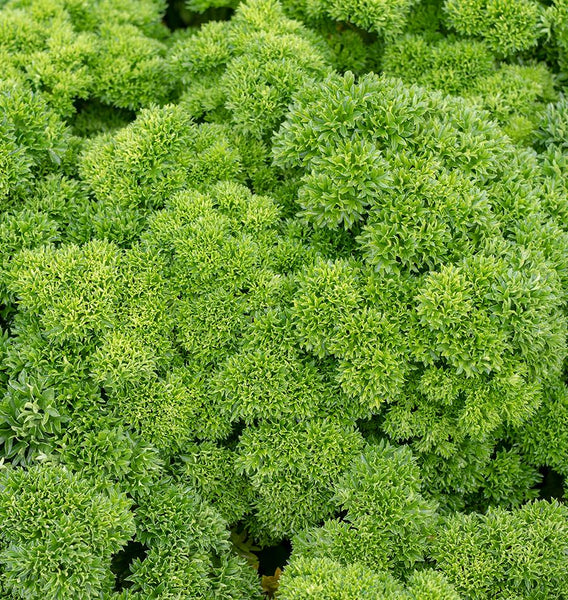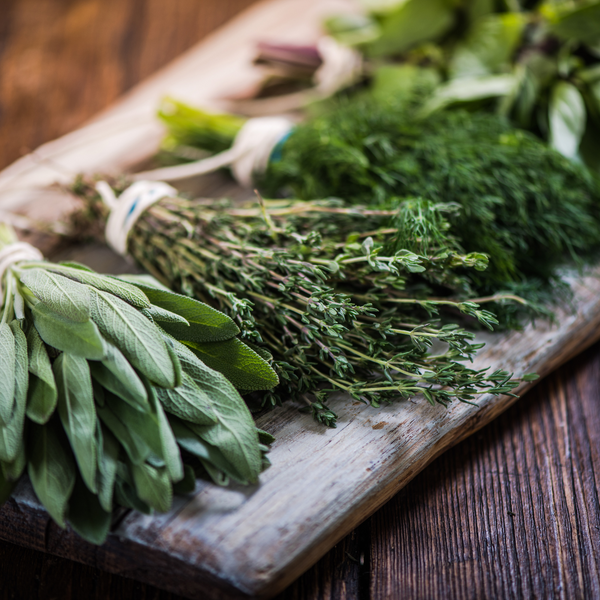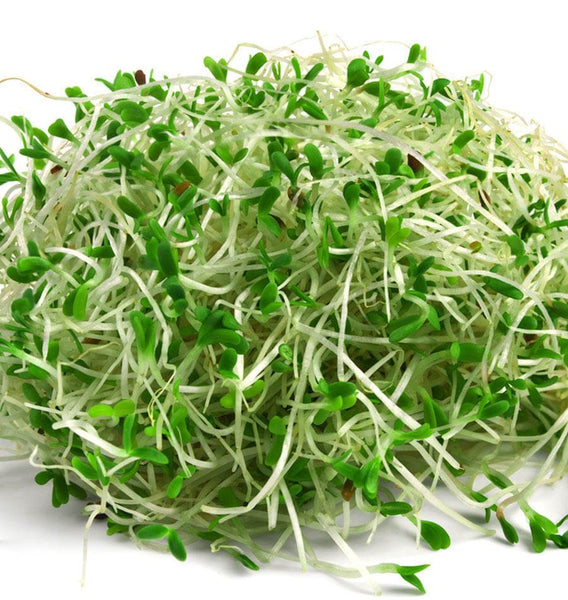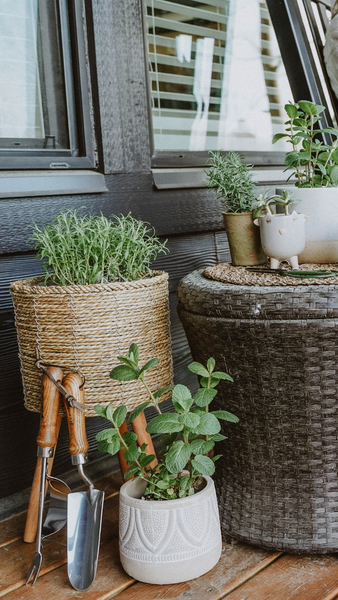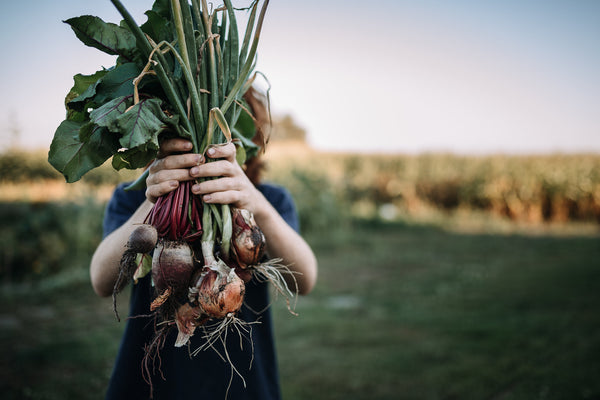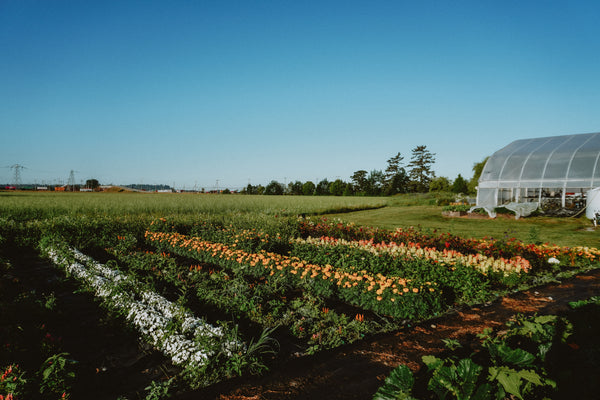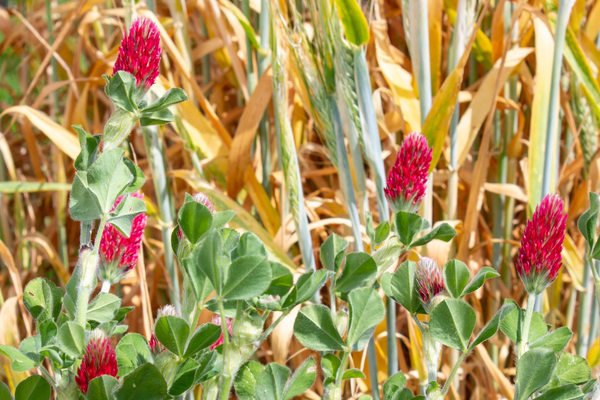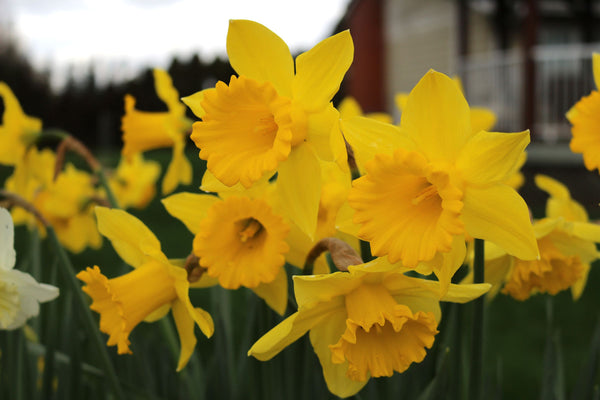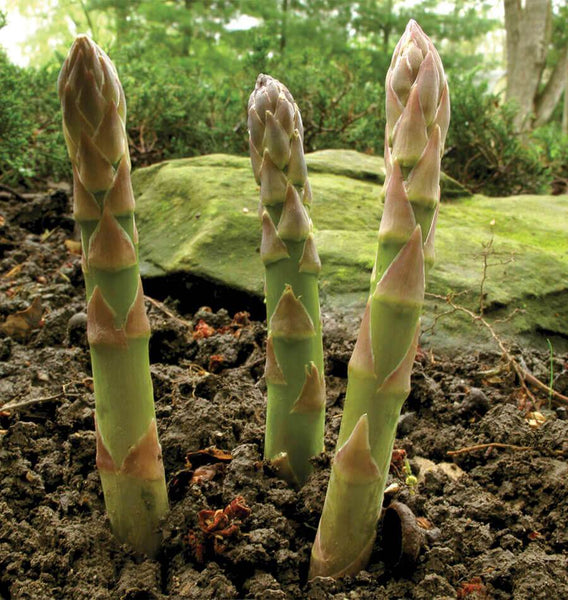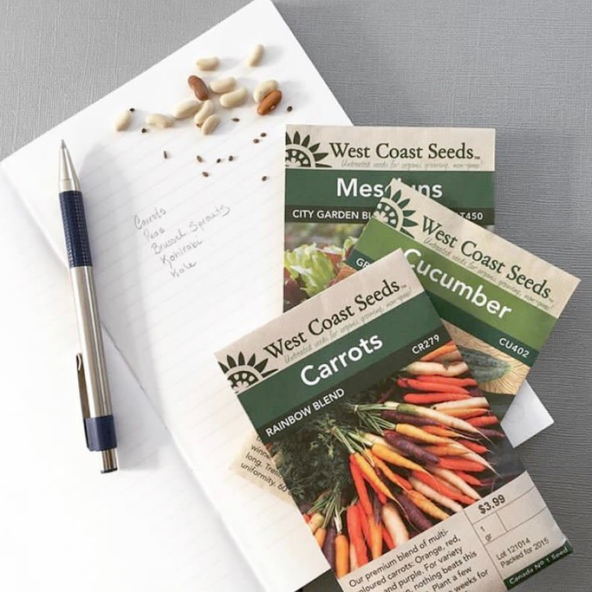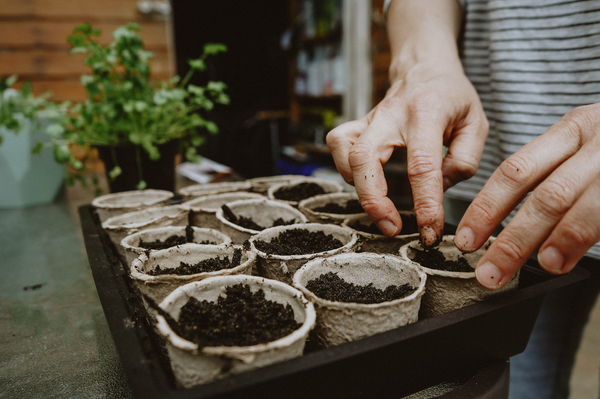West Coast Seeds ships anywhere in North America. However, we are not able to ship garlic, potatoes, asparagus crowns, bulbs, onion sets, Mason bee cocoons, or nematodes outside of Canada. We regret, we cannot accept returns or damages for orders outside of Canada. The minimum shipping charge to the US is $9.99.
🚚 Free Expedited Shipping on Orders $99 and Above. Learn More
Support Food Banks Canada with every dollar spent — 15% sales donated from Black Friday to Cyber Monday.
Time remaining:
Time remaining:
Vegetables
Flowers
Herbs
Indoor & Speciality
Supplies
Farming
Lawn Solutions
Seasonal
Surplus Sale
WCS Academy
About Us
Close
- Shop All Vegetables Seeds
- New for 2025
- Organic Vegetables
- Garden Surplus Sale
- Amaranth
- Artichoke
- Arugula
- Asparagus Crowns
- Asparagus
- Bean
- Beet
- Broccoli
- Broccoli Raab
- Brussels Sprouts
- Cabbage
- Carrot
- Cauliflower
- Celery & Celariac
- Chicory
- Collards
- Corn
- Corn Salad
- Cover Crops
- Cress
- Cucumber
- Eggplant
- Endive
- Fennel
- Fruit
- Gai Lan
- Hops Rhizomes
- Kale
- Kohlrabi
- Leek
- Lettuce
- Melon
- Microgreens
- Mustards & Asian
- New Zealand Spinach
- Okra
- Onion
- Onion
- Pac Choi
- Parsnip
- Pea
- Pepper
- Potato
- Pumpkin
- Radish
- Rhubarb
- Rutabaga
- Salad Mix
- Seed Garlic
- Seed Potatoes
- Sesame
- Spinach
- Sprouting
- Squash
- Swiss Chard
- Tomatillo
- Tomato
- Turnip
- Wild Greens
Close
- Shop All Flowers Seeds
- New for 2025
- Organic Flowers
- African Violet
- Agastache
- Allium
- Alyssum
- Ammi
- Aster
- Aurinia
- Calendula
- California Poppy
- Campanula
- Celosia
- Cerinthe
- Clarkia
- Cleome
- Collinsia
- Columbine
- Coreopsis
- Cornflower
- Cosmos
- Cynoglossum
- Daisy
- Delphinium
- Dianthus
- Didiscus
- Echinacea
- Eryngium
- Eucalyptus
- Flax
- Foxglove
- Gaillardia
- Gilia
- Goji Berry
- Gomphrena
- Gypsophila
- Hollyhocks
- Iberis
- Lavatera
- Lobelia
- Lunaria
- Lupin
- Marigold
- Milkweed
- Morning Glory
- Nasturtium
- Native Flower
- Nemophila
- Nepeta
- Nicotiana
- Nigella
- Oenothera
- Ornamental Grass
- Ornamental Kale
- Pansies & Viola
- Phacelia
- Phlox
- Physalis
- Poppy
- Prunella
- Rudbeckia
- Salvia
- Saponaria
- Scabiosa
- Sisyrinchium
- Snapdragon
- Statice
- Strawberry
- Strawflower
- Stock
- Sunflower
- Sweet Pea
- Tithonia
- Wildflower
- Yarrow
- Zinnia
- All Microgreens Seeds
- Microgreen Pea Shoots
- Microgreen Sunflower Seeds Organic
- Microgreen Broccoli Organic
- Microgreen Arugula Seeds
- Microgreen Kale Seeds
- Microgreen Beet Seeds
- Two Week Microgreen Seeds
- Three Week Microgreen Seeds
- Microgreen Pac Choi Seeds
- Microgreen Swiss Chard Seeds
- Microgreen Amaranth Seeds
- Microgreen Radish Organic
- Microgreen Mustard Seeds
- Microgreen Kohlrabi Seeds
- Micro Fenugreek Organic
- Microgreen Basil Organic
- All Sprouting
- Alfalfa Sprouting Seeds Organic
- Broccoli Organic
- Wheatgrass Organic
- Mung Beans Organic
- Sandwich Booster Mix Organic
- Stainless Steel Sprouting Screen (1)
- Red Clover Organic
- Salad Sprouting Seeds Organic
- Fantastic Four Sprouting Collection
- Green Peas Organic
- Radish Organic
- Plastic Sprouting Screen/Lid
- Go Go Sprouting Seeds Organic
- Yellow Mustard Organic
- Fenugreek Organic
- Brown Mustard Organic
- Deluxe Sprouting Seeds Blend Organic
- Sprouting Jar with Metal Lid and Seeds
- Gourmet Sprouting Seeds Organic
- Green Lentils Organic
- Bean Salad Organic
- Barley Organic
- Sprouting Jar with Plastic Lid and Seeds
- Stainless Steel Sprouting Ring
- Adzuki Beans Organic
- Green Hunter Organic
- Stainless Steel Sprouting Screen and Ring
- Easy Sprout
- Care Bags
- Tea Garden Collection
- Medicinal Herbs and Flowers Collection
- Edible Flower Collection
- Cocktail Garden Collection
- Pollinator Paradise
- Hummingbird Collection
- Bee Garden Collection
- Butterfly Collection
- Beneficial Insect Collection
- Native Plants of British Columbia
- Native Plants of Ontario
- Native Plants of Quebec
- Native Plants of the Maritimes
- Native Plants of the Prairies
- Drought Tolerant Collection
- Cut Flower Collection
- Dried Flower Collection
- Fragrant Collection
- Bird Garden Collection
- Textile and Dye Collection
- Dark and Moody Collection
- Ground Cover Collection
- Part Shade Food Garden
- Chinese Vegetables Collection
- Japanese Collection
- Mexican Collection
- Salsa Garden
- Root Vegetables
Close
- Shop All Supplies
- Bird Seeds & Feeders
- Composting Tools
- Container Gardening
- Crop Protection
- Fertilizers
- Garden Wear
- Gifts and Essentials
- Hand Tools
- Harvest Tools
- Lighting
- Mason Bees
- Mulches
- Pest Controls
- Plant Labels
- Plant Supports
- Seed Sowing Tools
- Seeds Trays, Covers & Plugs
- Soil Amendments
- Soil Blockers
- Soil Testing
- Sprouting Equipment
- Watering
